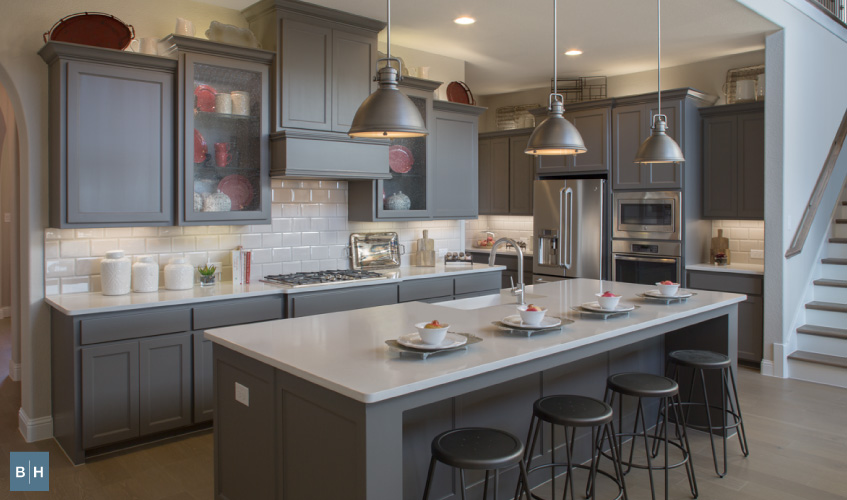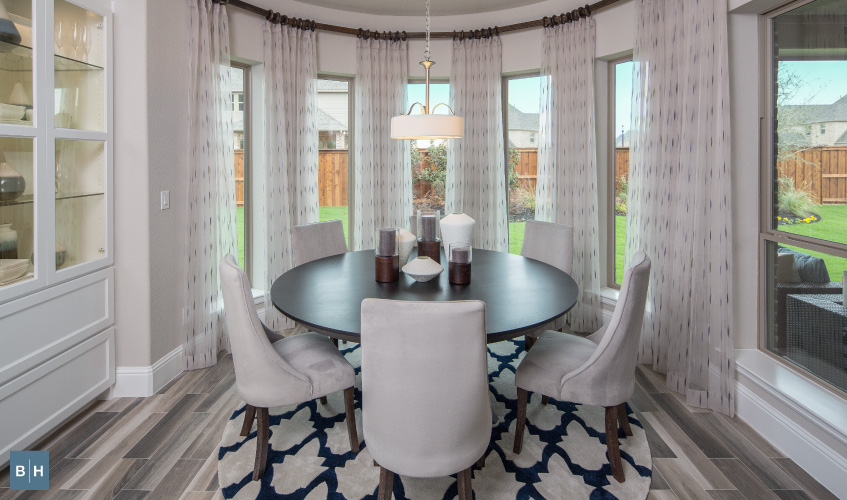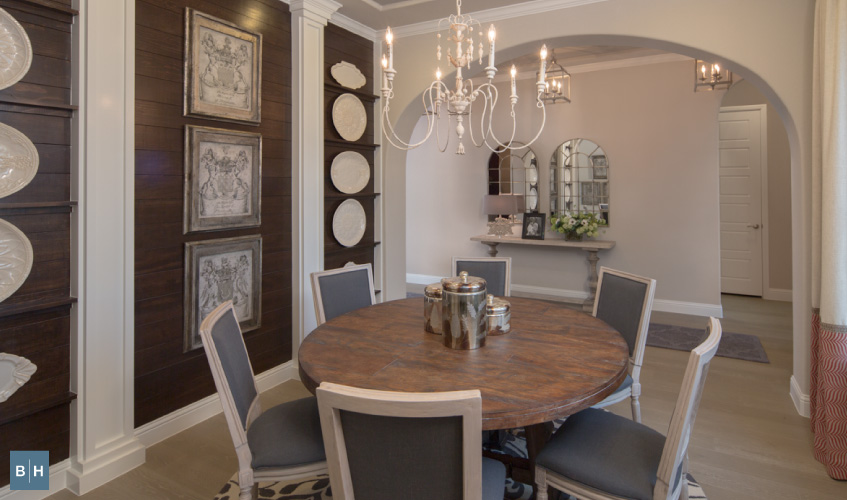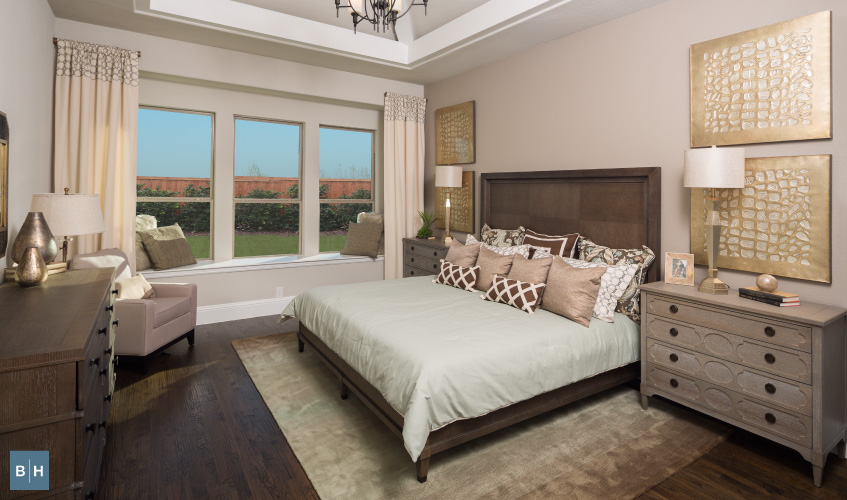
Simple Feng Shui Tips
Simply put, feng shui is a Chinese philosophical system to help you become more harmonized with your environment. Based on your basic life goals, you can customize your surroundings to yield long-lasting results. Nowadays, it’s mainly used to arrange home furnishings and decor to promote positive energy and has a strong following across multiple cultures. The specifics of feng shui are quite complex and deeply rooted in spiritual beliefs, but you don’t have to have faith in it to receive its benefits. To ensure you’re living a well-balanced life, here are a few simple ways you can organize your home based on feng shui principles.

Clear the Clutter
Feng shui is all about promoting positive energy and clearing out general clutter or unused objects that subconsciously bog you down. If things are piling up in the closet or getting left around the house, it can eventually take an emotional tax on you. Coming home to a clean house feels refreshing and relaxing after a long day at work. It’s especially important to keep the kitchen clean. The kitchen is the heart of the home and essential to our daily lives. Bring harmony to your home by keeping it spotless and well-organized.

Open the Windows
Natural light is not only easier on your eyes compared to fluorescent light—it’s a great way to harmonize your home. Along with fresh air, there’s no better way to push away the darkness and create a palette cleansing aura. If it’s raining outside, consider getting an air purifier to ensure each breath you take is fresh and revitalizing. In the long run, you may find yourself in a generally lighter mood or less fixated on trivial issues

Arrange the Living Room
First and foremost, the living room is a place for loved ones to connect and feel comfortable. It’s also the part of your home guests will spend the most time in, so it’s crucial to create a welcoming space they can interact in. Make sure your furniture is arranged in a manner that promotes conversation rather than TV visibility. You don’t want the furnishings too close though. It’s best to find a happy medium so your guests can easily carry a conversation without bumping knees or straining to hear because they’re too far away. Feng shui principles also recommend arranging your furnishings so guests can easily see who is coming and going. By having their back facing a wall with a clear view of the room, it provides them with a subconscious sense of harmony.

Arrange the Dining Room
When arranging your dining room with feng shui principles, it’s best to choose a dining room table that fits properly in the room’s space. Once again, this room is all about making meaningful connections. You don’t want your guests to feel crowded, nor do you want them to feel unbalanced with a tiny table and volumes of space around them. If a guest can easily walk behind someone seated without them having to scoot in, the table is most likely a good fit. In feng shui, the shape of the table should be governed by your Bengua, which is an energy map that informs you on which parts of the home are connected to specific parts of your life (love, money, etc.), but to keep things simple, it’s best to choose a dining room table without sharp edges since they can invite negative energy.

Arrange the Bedroom
The bedroom is a place to recharge and relax, so you have the energy to take on the day. In order to have proper feng shui in the bedroom, you should consider removing any technology or exercise equipment. For many, this can be difficult since we’re closely tied to our gadgets, but by making an effort to ban them from the room, you’ll limit the distractions in the bedroom and create a space that promotes peace and relaxation. The bed should be arranged in a manner so it can be easily approached from either side and has two matching nightstands. In addition, the bed should not be facing the entry to the room, and as mentioned above, it’s good to make use of natural light and an air purifier to make this room even more welcoming and revitalizing.